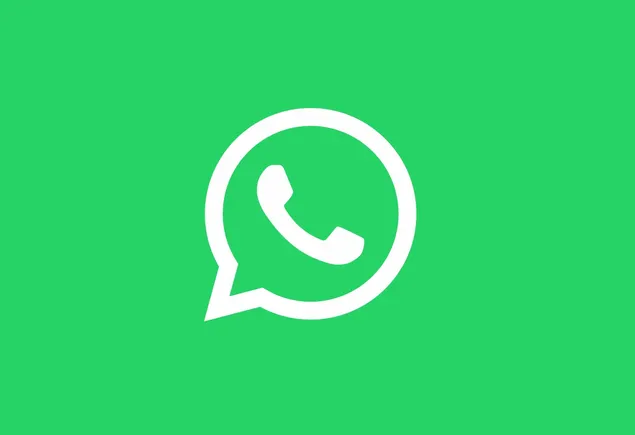TL;DR Summary of U.S. House Bans WhatsApp on Government Devices Over Security Concerns
Optimixed’s Overview: Government Security Concerns Prompt WhatsApp Ban on Official Devices
Security Risks Prompt Official Action
The U.S. House Chief Administrative Officer (CAO) has mandated the removal of WhatsApp from all congressional staff devices, following warnings from the Office of Cybersecurity regarding the app’s security profile. Although WhatsApp is widely recognized for its end-to-end encryption, the lack of transparency about its encryption methods since its acquisition by Meta has raised alarms among cybersecurity experts and government officials alike.
Key Issues Highlighted
- Opaque Encryption Practices: WhatsApp’s backend encryption details are not fully open source, limiting external review and trust.
- Potential Metadata Exposure: While message content remains encrypted, information about user contacts and interaction duration may be accessible to malicious actors.
- Recent Security Incidents: High-profile hacking attempts and misinformation campaigns, such as the phishing attack on Malaysia’s home minister and Iranian state media warnings, have exacerbated concerns.
Meta’s Response and Outlook
Meta strongly disagrees with the CAO’s risk assessment, emphasizing WhatsApp’s superior security compared to many other approved apps. They advocate for official reinstatement of WhatsApp use by House members, paralleling Senate allowances. For now, the company faces pressure to enhance transparency and address vulnerabilities to reassure government users and retain its role as a trusted communication tool.
